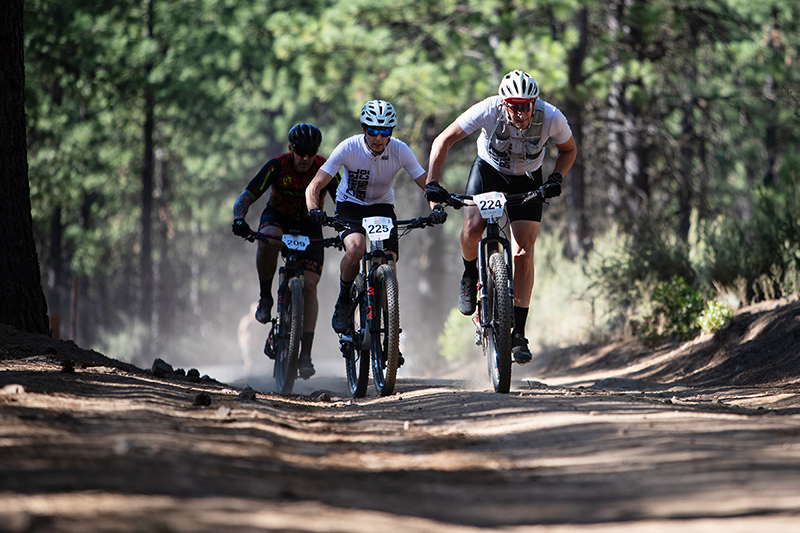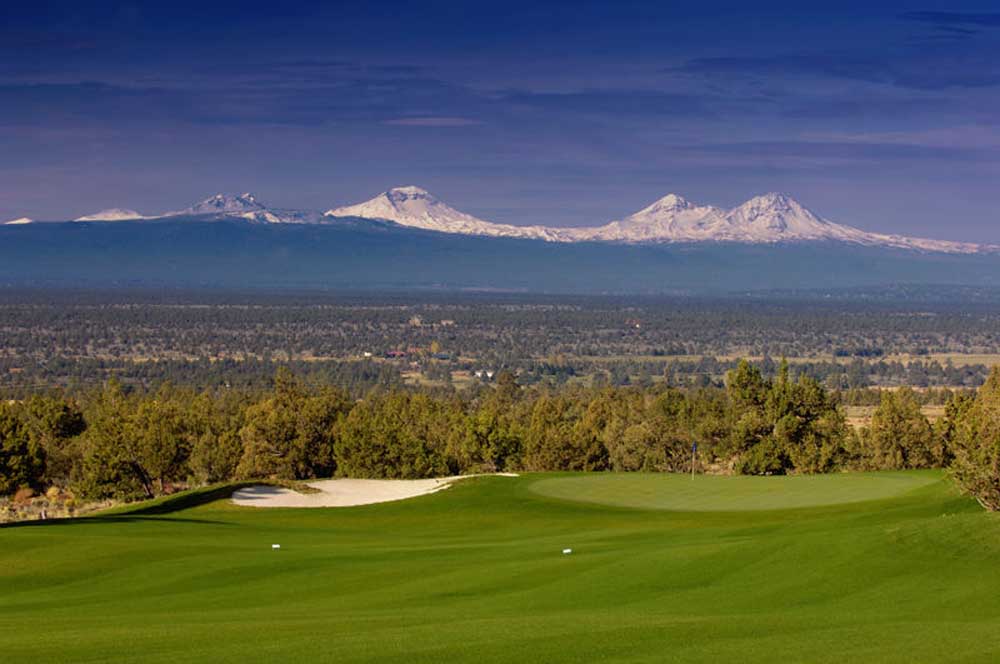Celebrate Repeal Day in Central Oregon
Published 10:30 am Monday, December 2, 2024

- High Altitude Premium American Lager from GoodLife Brewing Company.
On Thursday, McMenamins is celebrating Repeal Day at all of its locations, commemorating the end of Prohibition in the United States. Repeal Day is similar to National Beer Day, which is observed in April on the anniversary of the re-legalization of beer as the precursor to the full repeal in 1933.
Prohibition was the period from 1920 to 1933 during which alcohol was prohibited — specifically the production, importation, transportation and sale of alcoholic beverages. It was enacted by the 18th Amendment to the Constitution after years of effort by temperance groups, ushering in an era of corruption, violent crime, bootlegging and illicit bars known as speakeasies.
Trending
While Prohibition was established nationwide in 1920, many states, including Oregon, had already introduced statewide alcohol bans. Oregon’s prohibition began in 1916, so by the time national Prohibition arrived, it had relatively little impact on the state, because the moonshiners and bootleggers already had four years’ head start.
Bootleg booze and beer
The High Desert was full of ideal hiding places for the illegal moonshine operations, spread out over hundreds of square miles: the openings of lava caves, abandoned homestead shacks, sheltered coves and gullies, and more. Central Oregon became a major source of bootleg moonshine and whiskey in the Pacific Northwest.
When it came to beer, home brewing thrived during Prohibition, in part because the ingredients needed to make beer were not prohibited. As such, many of the breweries that survived began selling cans of malt extract syrup, the key element in making beer. Often sold under the guise of baking ingredients, these were carried by grocery stores and were easily obtainable.
In general, it was tougher for law enforcement to catch a homebrewer in the act of brewing than it was to track down a still. Usually when caught, the brewer’s beer was confiscated, and they had to pay a fine.
Cure for what ales you
Trending
One example comes from the Sept. 12, 1925, issue of The Bulletin:
“Too much devotion to his wife caused Louis Skjersaa to pay a fine of $150 in Acting Recorder R. H. Fox’s court today.
“A local physician prescribed beer as a cure for an ailment from which Mrs. Skjersaa was suffering shortly after the birth of a child.
“Skjersaa, in the enthusiasm of his husbandly affection, made a considerable quantity of beer — just how much at one time is not known but when Chief of Police Peter J. Hanson raided the Skjersaa home last night, he found 500 bottles of it there.”
By 1933 a majority of Americans had had enough of Prohibition and the negative effects that came with it. In February, Congress put forth the 21st Amendment to repeal the 18th, but it would take time before it could be ratified, as that required three-fourths of the states to do so.
Deschutes brews first certified-organic non-alcoholic beer in U.S.
On Dec. 5, Utah became the 36th and final state needed to ratify the amendment, which officially repealed Prohibition.
Celebrating Repeal
The best way to celebrate Repeal Day is simply to buy and enjoy a drink; start at McMenamins Old St. Francis School, which is featuring happy hour drink pricing all day on Thursday, as well as themed cocktail specials. Don’t forget to check out the Broom Closet, a nod to the speakeasies of the 1920s.
If you’re looking to drink beer like it’s 1933, I would suggest lighter lagers and pale or golden ales. For instance, check out Mulligan American Light Lager from Bevel Craft Brewing (4.5% ABV), High Altitude Premium American Lager from GoodLife Brewing Company (4.5% ABV, 20 IBUs), or Blonde Bombshell from Cascade Lakes Brewing Company (4.3% ABV, 14 IBUs).
Whatever your choice of beer or other beverage, raise a glass to celebrate that choice and the end of Prohibition.








